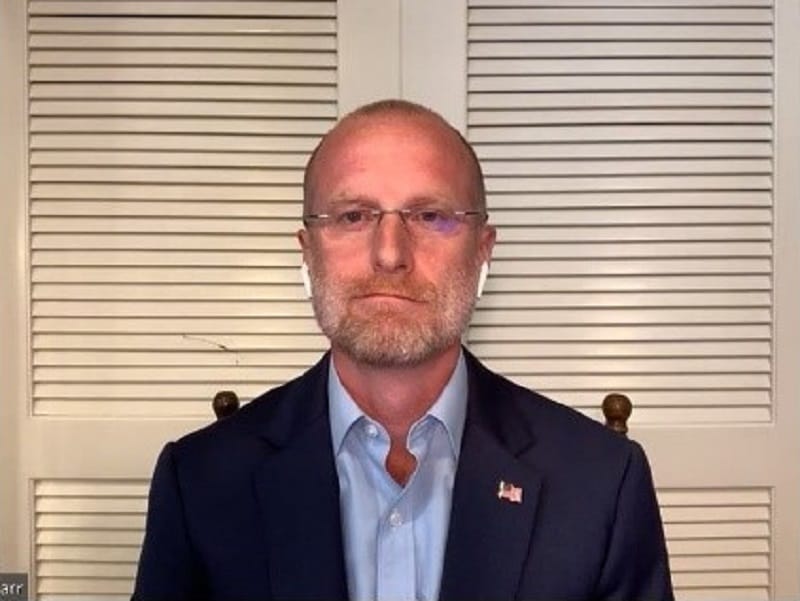Federal Communications Commissioner Brendan Carr Says Agency Coronavirus Response a Success
May 12, 2020 — The Federal Communication Commission’s response to the coronavirus pandemic has been successful, Commissioner Brendan Carr said in a Federal Communications Bar Association teleconference Monday. The conference, hosted by FCBA President-elect Natalie Roisman and moderated by FCBA Presi











Member discussion